Navigating the material landscape

Packaging is crucial for any product, but more so for food and beverage where it needs to be truly multifunctional. From differentiating a product with a good first impression and aiding convenience to ensuring food safety and promoting sustainability – the job of packaging is never done. No wonder packaging materials are always under the scanner as manufacturers are continually trying to optimize their offerings.
Throughout Material matters, we have taken a closer look at packaging examining the specifics of different popular materials. Let’s look back for a refresher.
Decoding packaging materials
Packaging material is a key consideration for businesses and increasingly consumers too. So, what are the most common materials when it comes to food and beverage packaging? Which materials have stood the test of time and how have they evolved? From paper and glass to metal and plastic, explore the pros and cons of different materials, digging into what lies behind each choice.
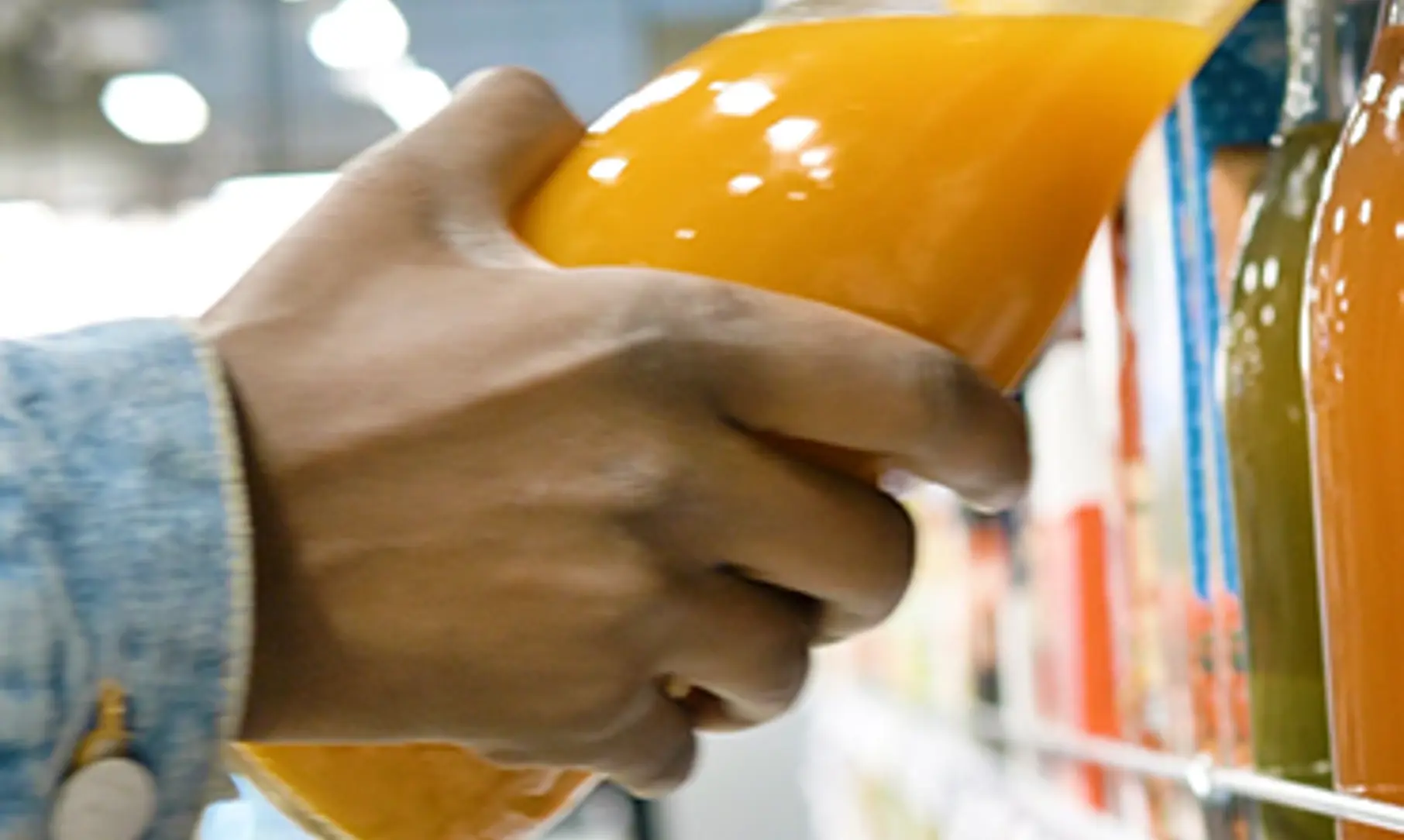
The paperboard plot
Paper is among the oldest packaging materials used in history. Its popularity, spanning centuries, has led to the development of many paper-based packaging innovations such as paperboard. Today, paperboard packaging is a common sight, from your milk carton to your takeaway coffee cup. How is this versatile material made? Are there different types of paperboards? How do they rate on recyclability?
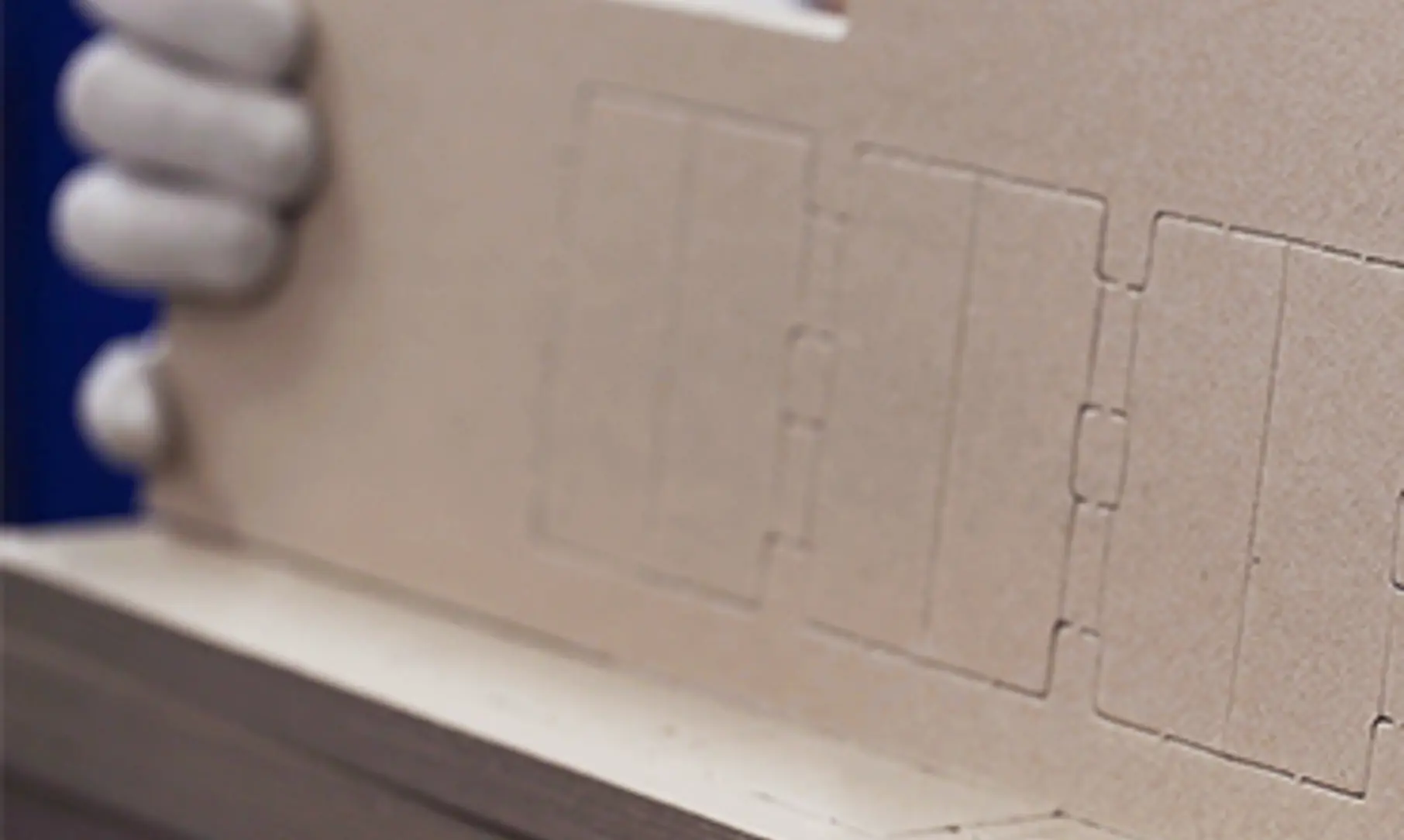
The plastic perspective
A material that was invented only a little more than 100 years ago is almost everywhere today – with its reach spanning all walks of life. However, it is also often under the scrutiny despite a meteoric rise. So, what makes up this controversial material? And why is it so prevalent, especially in packaging? Delve into the particulars of plastic, from the beginning to its end of life.
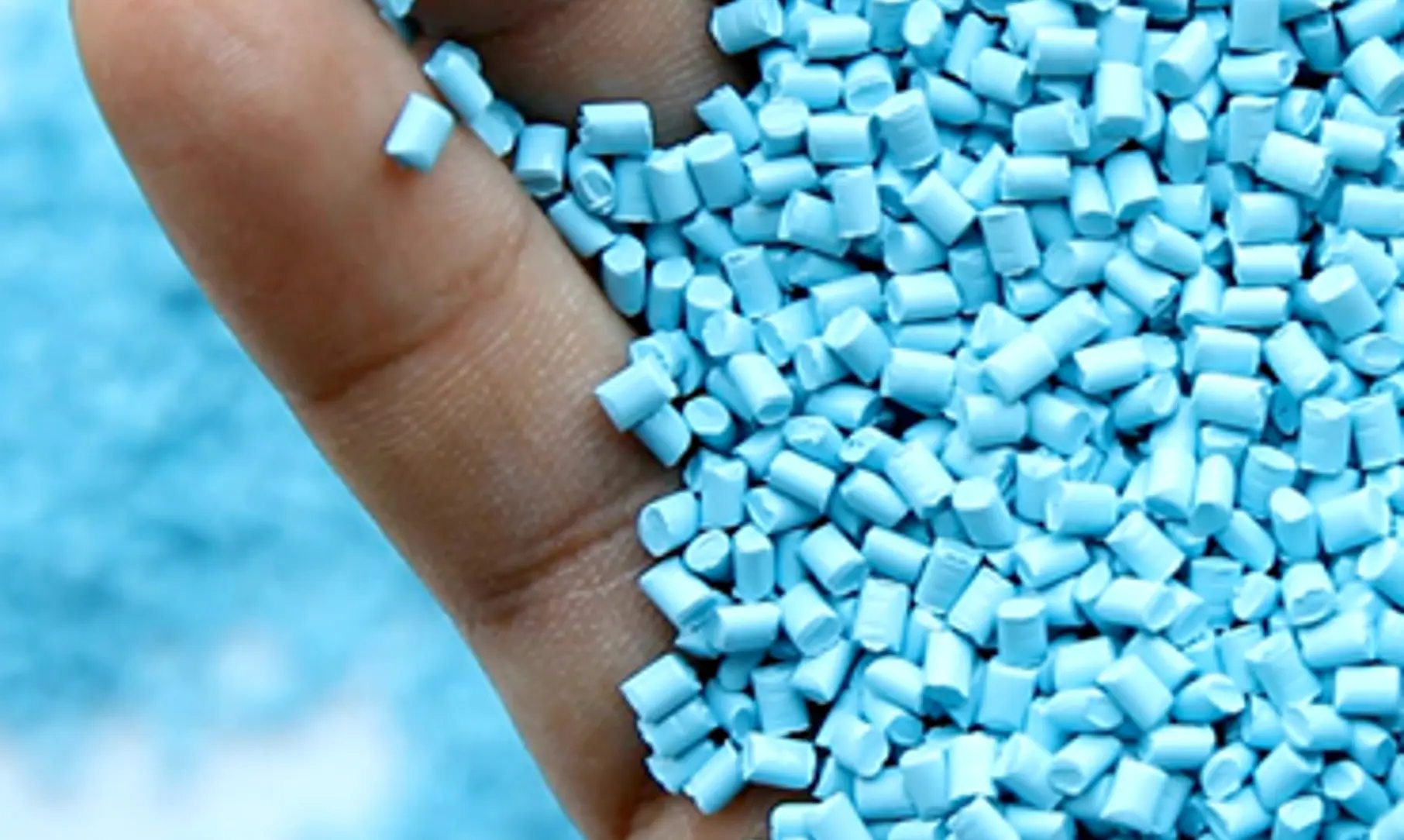
The monomaterial edge
In an era when most packaging is made up of more materials than visible to the naked eye, monomaterial is making waves – especially monomaterial films used in flexible packaging. As the name suggests, it is made up of a single type of material and therefore comes its share of challenges. Know about the specifics of this material, from how it is made, what it contains to how it is playing into a circular advantage.
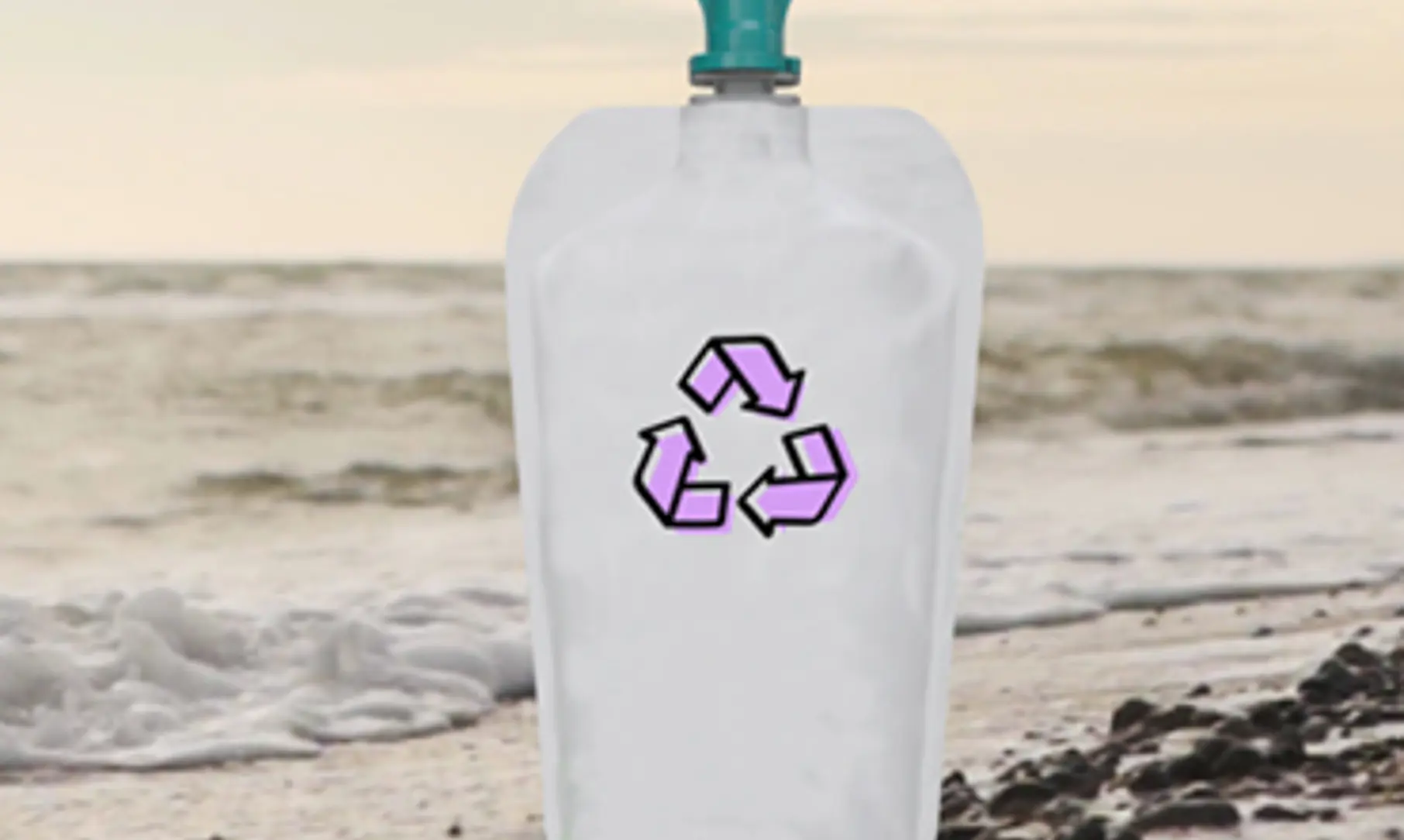
The aluminum account
The discovery of this lightweight silver metal and its evolution to its current form took many decades and multiple scientists to get right. So, how has the most common metal in food and beverage packaging earned this distinction? How is it processed and what are the related challenges? Examine the varied aspects of aluminum, from its origin to considerations around environmental footprint.
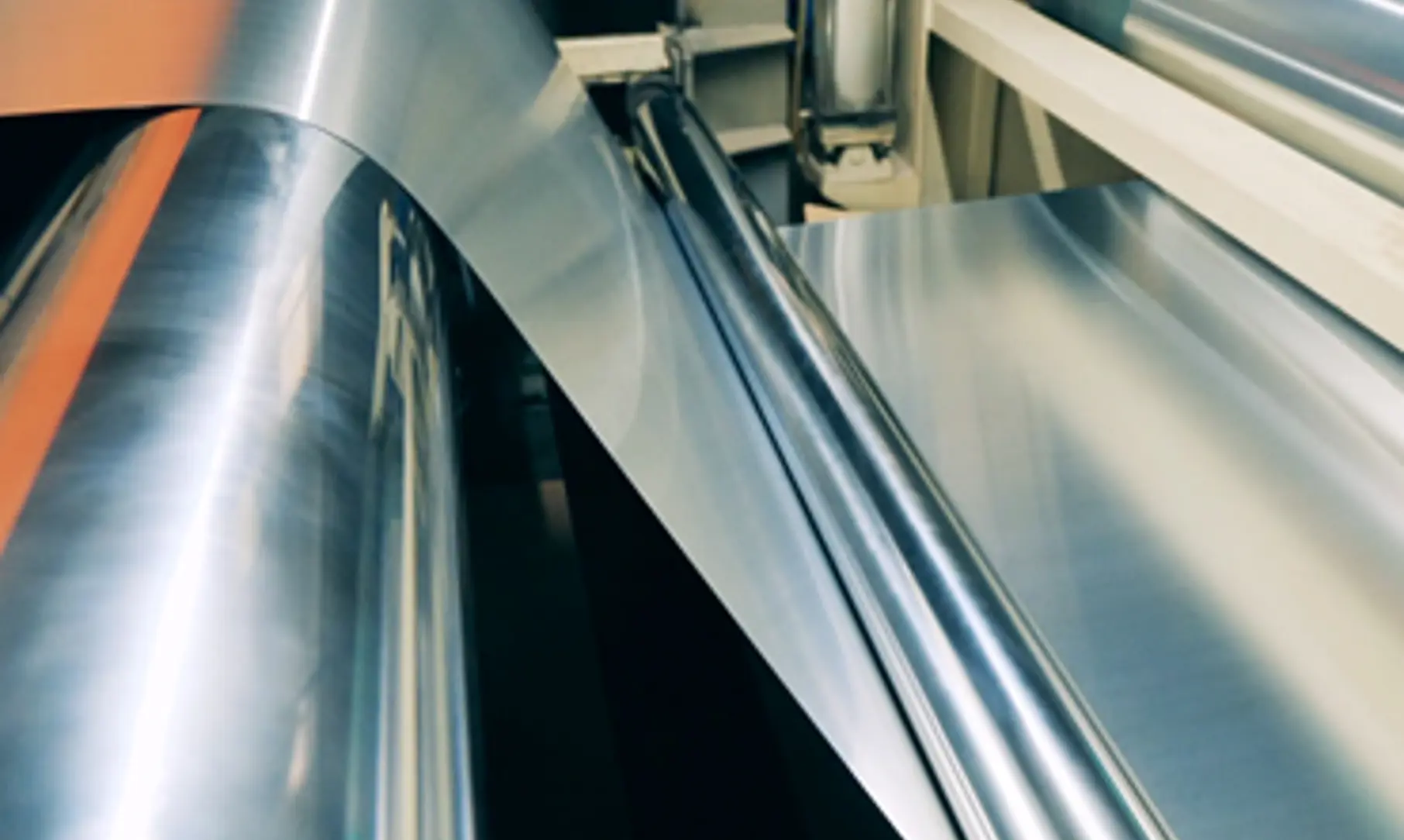
Today, sustainability considerations are one of the foremost considerations in material selection for packaging. We, at SIG, have been leading the way with our innovations when working with different types of materials. Reach out to us to explore the possibilities of making your packs more sustainable. Keep an eye on our blog for more insights into the packaging and food and beverage industry or subscribe to our exclusive bi-weekly newsletter to never miss another SIG story.
- 10月 05, 2023
